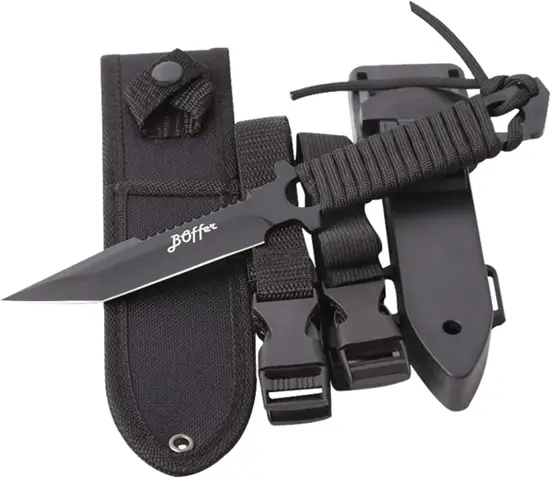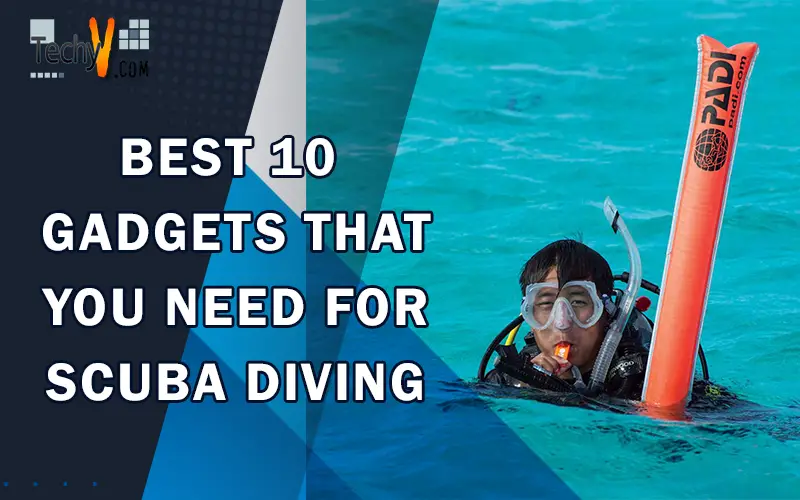With necessities like masks, snorkels, BCDs, regulators, fins, booties, wetsuits, computers, weights, and tanks, as well as a tonne of other gizmos and gadgets, scuba divers have everything they could need. While using equipment is required when scuba diving, there are scuba accessories that you can bring with you to help you have a smooth, safe, and enjoyable diving experience.
1. Surface Signaling Gear
Every diver also needs surface signalling equipment, like marker buoys, signal mirrors, underwater whistles, and air horns. If you surface far from the boat or require assistance, they will make it easier for you to be seen and heard. You should bring at least two devices on every dive, one audible and one visual.
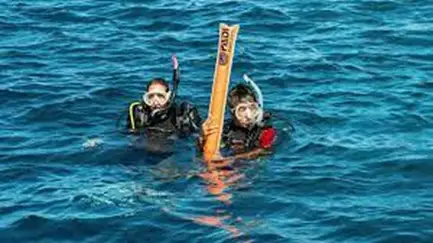
2. Dive Light
Many divers believe that night diving is the only necessary time for the dive light. A straightforward pocket light can be helpful in a variety of circumstances. A small secondary light will enable you to see the colours and appreciate the beauty of the underwater world because, as you should be aware, everything starts to look grey at 30 feet of depth, even during the day.
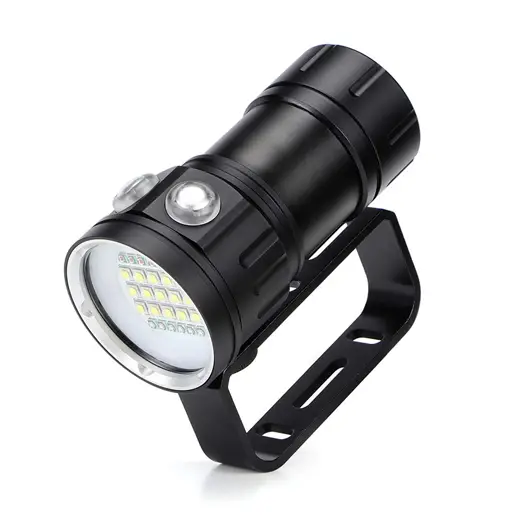
3. Tank Banger
A tank banger is a compact, low-cost, and convenient scuba accessory. The banger will assist you in drawing the attention of your dive buddies or a divemaster underwater due to the distinct “clank” sound it makes. You have to put the band over your scuba tank, grab hold of the ball as necessary, and pull the ball away before letting go.

4. Comfort Mouthpiece
Inconvenience from sore lips or achy jaws after the dive can seriously detract from the impression. Upgrade to a high-quality comfort mouthpiece if you feel that the standard mouthpiece that came with your regulator is too big, too rigid, or just doesn’t fit properly in your mouth.

5. Dive Compass
Many of today’s dive computers have digital compasses built. Still, if yours doesn’t, or you want to improve your navigational abilities, a good analogue compass will give you directional support underwater. Without having to surface, you can quickly note the location of your boat by using a compass.

6. Underwater Camera
If you tell your friends about your dives, it will make the activity even more enjoyable. Nothing beats an underwater photograph to capture the essence of your diving experience from a specific dive site. Underwater cameras record every second of your dive trip in pictures and videos.
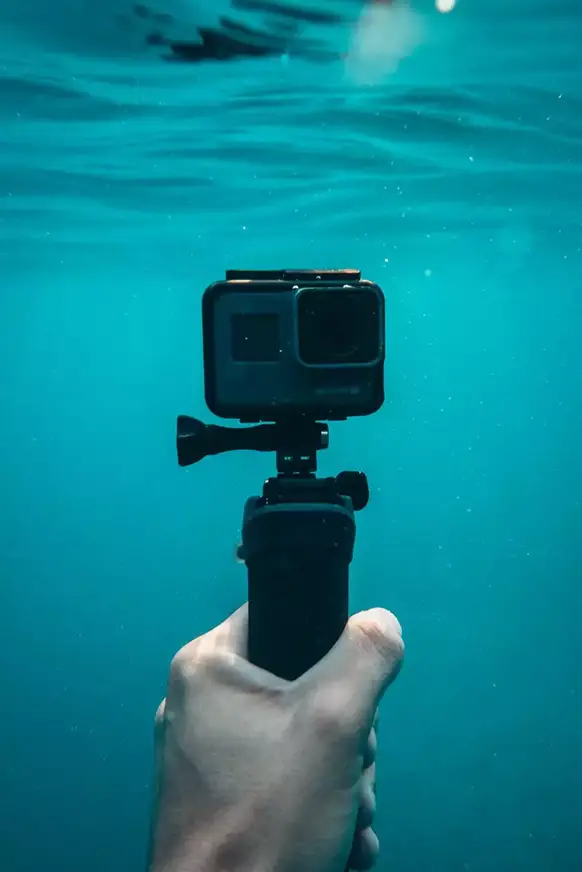
7. Mask Defogger
An essential component of great diving is always good visibility. However, if your mask is constantly fogged up, it won’t matter how good the visibility is. Before diving, apply a few drops of mask defog to your lens to eliminate any fog that has built up due to temperature differences.
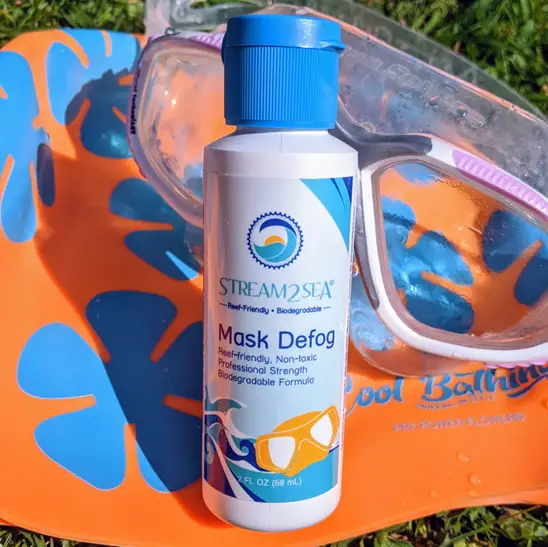
8. First Aid Kit
Even though we take every precaution and dive according to safe practices, accidents can happen anytime. Training, certification, and a first aid kit are the best ways to prepare for it. An excellent first aid kit should include items for survival, such as a reflective blanket in case of hypothermia and medications for injuries, allergies, and pain relief.
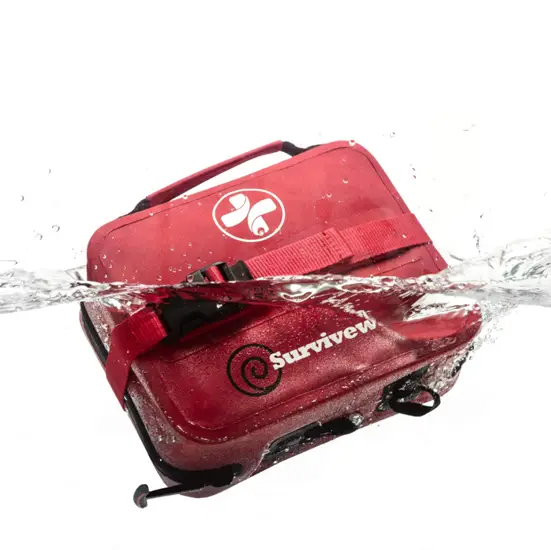
9. Dive Log
A dive log is a valuable tool for keeping a record of your diving adventures in addition to photos and videos. Every time you dive, complete the form thoroughly and get your buddy, dive guide, divemaster, or instructor to sign it. It serves as a dive document, in other words.
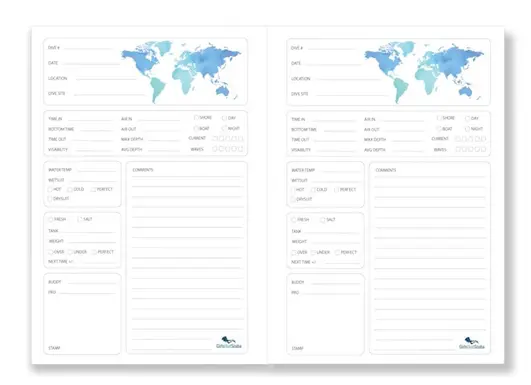
10. Dive Knife
If you ever need to cut yourself free from entanglement or cut through rope or fishing net, dive knives can be very helpful. The knife can be sheathed and held flush against your leg or BCD during most dives; you don’t have to hold it the entire time. Dive knives are cutting tools with excellent sharpness. They are either serrated on the side, which is a sawing-related design, or has a sharp cutting edge.
